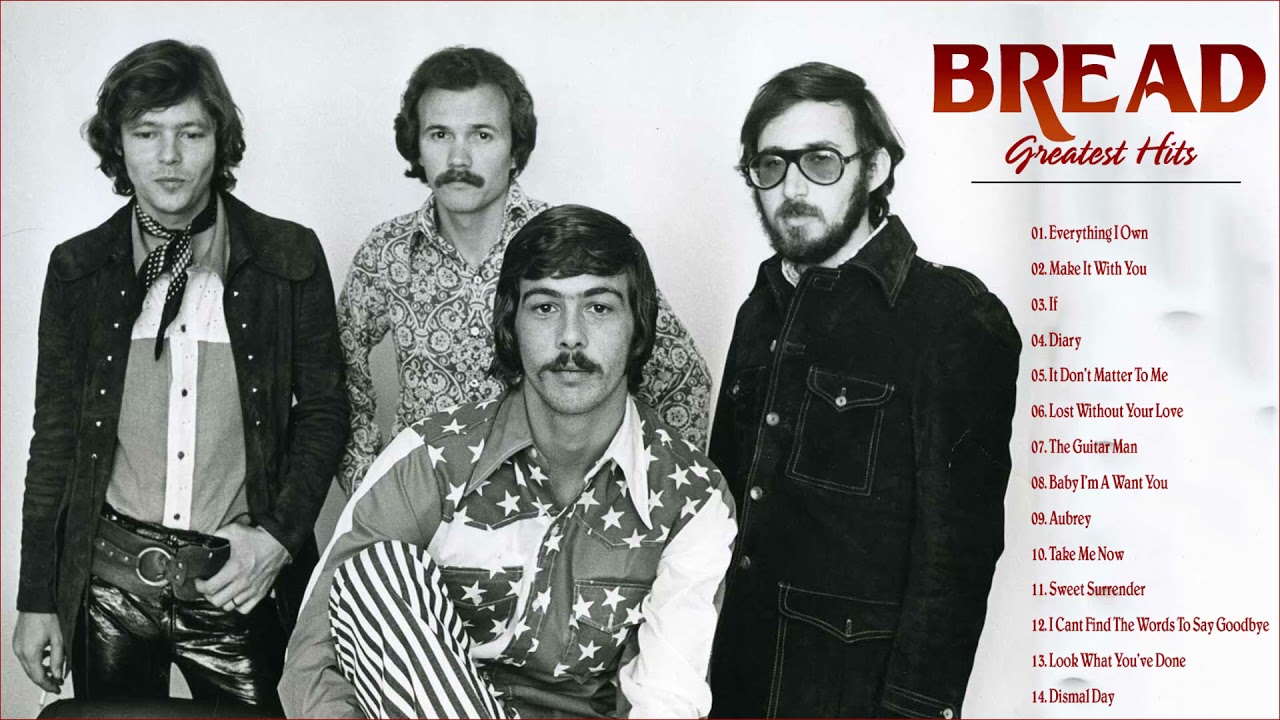
A Whisper of Eternal Longing Cast in the Simplicity of a Single Word
When Bread released “If” in 1971 as part of their album Manna, the song quietly carved a place for itself in the canon of soft rock and adult contemporary balladry. Peaking at No. 4 on the Billboard Hot 100 and No. 1 on the Adult Contemporary chart, it was a commercial triumph that mirrored its emotional resonance. The track, written by David Gates, both frontman and primary songwriter for Bread, encapsulates the aching delicacy of unconditional love — not through grandeur or flourish, but through minimalism and lyrical purity.
In many ways, “If” is the epitome of Gates’s songwriting philosophy: less is more. The song begins with one of popular music’s most disarmingly simple lines — “If a picture paints a thousand words…” — and from that point on, it unfolds like a hushed confession, spoken not into the world but into the intimate silence between two people. It is not built for declarations; it is built for reflection.
The strength of “If” lies in its restraint. Musically, it leans on understated acoustic guitar lines and sparse piano touches that never distract from Gates’s fragile vocal delivery. His voice, thin yet unwavering, carries with it a vulnerability that makes the lyrics feel not just written, but lived. There are no soaring crescendos or dramatic modulations here — only a slow-burning emotional honesty that allows each word to land with quiet intensity.
The lyrical structure is almost aphoristic — each verse a self-contained meditation on love’s boundless capacity to transcend space and time. The line “And when my love for life is running dry / You come and pour yourself on me” reveals both dependence and surrender. It’s an acknowledgment that love is not just emotional — it is existential. The beloved becomes both muse and lifeline.
Though Bread often found themselves pigeonholed as architects of soft rock sentimentality during an era dominated by louder, more politically charged voices, “If” proves that intimacy can be just as revolutionary as rebellion. In the cultural landscape of early ’70s America — still reeling from Vietnam, searching for authenticity amidst disillusionment — a song like this offered solace. It spoke not to crowds in protest, but to individuals in solitude.
Over the decades, “If” has transcended its era to become an enduring standard, covered by artists ranging from Telly Savalas (whose 1975 version reached No. 1 in the UK) to Julio Iglesias and Westlife. Each interpretation varies in tone, yet all circle back to the same central truth: this is a song about love distilled to its essence — stripped bare of embellishment, fortified by sincerity.
To listen to “If” today is to remember that there once was — and still can be — great power in quietude. It’s a three-minute pause in time where yearning becomes poetry, and devotion becomes eternal through nothing more than a well-placed word and a melody that refuses to age.